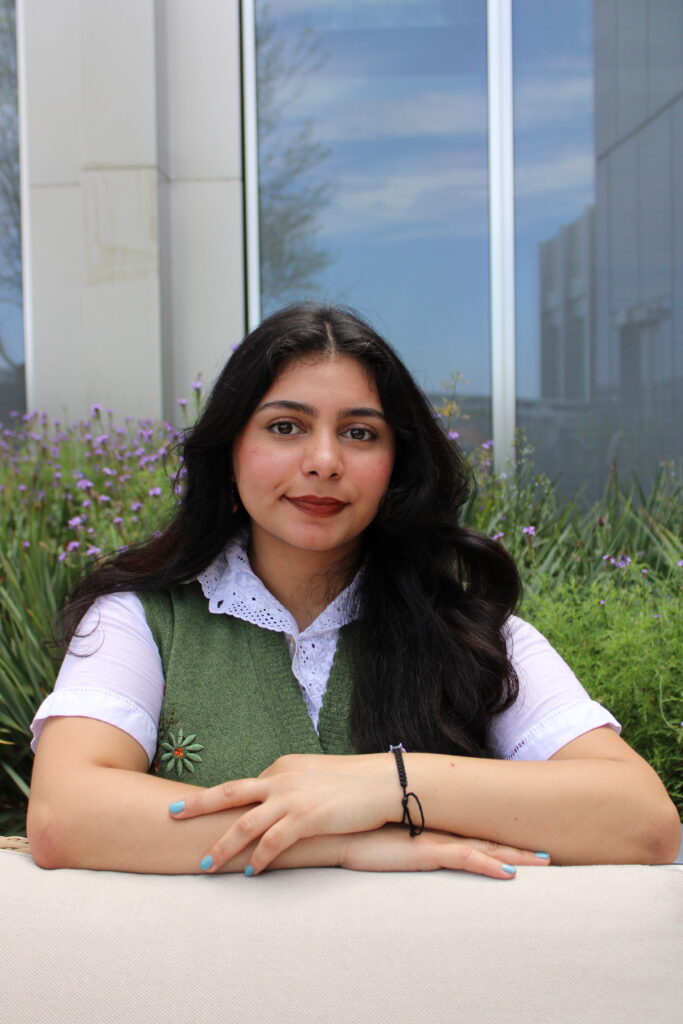After four growing years of the Ready To Succeed (RTS) program, a nonprofit focused on propelling foster youth through the rigors of college and postgraduate job searches, the RTS staff hit the same snag as the rest of the world, coming to a standstill due to the COVID-19 pandemic. Scholars in the RTS program faced pulled internships in 2020, as employers were worried about their own employees, leaving a hole in potential paths for RTS youth.
Tasked with finding a solution, RTS came up with a novel solution. Putting its funding to work, the group kickstarted the McCabe Impact Fellowship, named after RTS co-founder Patrick McCabe. The program selects scholars to participate in paid project-based fellowships, where students are matched up with innovative partners in the nonprofit sector, and are given a stipend through the 8-10 week process. Beginning with eight scholars in 2020, the fellowship has now served 53 total youth, something RTS Director of Opportunities and Volunteers Lucy Cherkasets called a "remarkable success."
"We’re going to match (scholars with nonprofits) and this experience is going to come with a RTS partnership," Cherkasets explained. "So you’re not just going to be a number, you’re not just going to be an intern, you’re gonna have some TLC in this process. From the host (to) the supervisor, RTS is involved, so it’s a really nice holistic experience and you’re gonna give back to a social impact company."
Throughout the fellowship, RTS provides one-on-one coaching, monthly check-ins, further career exploration, resume reviews, mock interviews and more. Looking for hosts that "prioritize the time to invest in young people," RTS matches hosts with scholars, based on scholar subject interest, for about 200 hours of education either on-site or through virtual hybrid learning. The incentive provided by the program is a $4,000 stipend, which Cherkasets says helps with the "mental, physical and financial cost" of guiding students through college and beyond.
"We’re (providing scholars with) the financial stability in a livable stipend, we’re going to provide (scholars) with the opportunity and access to it … and we’re going to be with (scholars) all the way," Cherkasets added.
Recently, RTS expanded from serving exclusively foster youth to also include low-income first generation college students, bringing further diversity to the program’s setting. One such first generation student is UCLA senior Kimberly Garcia, the oldest of three children who grew up in East Los Angeles after her family immigrated from El Salvador. Heading into college "fully on her own," Garcia took the leap into RTS due to a lack of professional internship experience. Cherkasets and the RTS staff immediately grew fond of Garcia, giving her the opportunity to interview with nonprofits until she found a role with educational nonprofit Portal Schools (now known as Portal Learning).
"(RTS) knew I had all these skills that were transferable to the professional role, and they basically helped me market myself to all these different companies," Garcia said.
Rejected from prior internships before RTS, the program aided her in learning to "leverage" her skillset, turning her interest in marketing and human resources into a chance to create a social media campaign for Portal. Managing the nonprofit’s LinkedIn, Instagram and Twitter pages, Garcia also created company templates and graphics for the social sites, and was able to present her findings to a host of nonprofits for her final project.
Through her 10-week role, Garcia noted that the stipend "really helped" gain her confidence, saying she now knows "that you’re able to do what you want and get paid for it." After her time at Portal, Garcia has gone on to work in human resources for media giants like Warner Bros. and DreamWorks, and now has her mind set on a full-time HR career after graduation.
"I attribute all of that to the (fellowship) because if it wasn’t for that first-ever professional experience that I gained … I would have never had the confidence to know that I had the skills that were possible for working for these bigger-name companies," she added.
With 14 host companies taking part in the fellowship program thus far, Cherkasets and the RTS team are looking to expand and "diversify" host companies, matching the diversity of the scholars such as Garcia.
"Businesses are more successful, more innovative (with diversity), they can (better) solve problems," Cherkasets said. "They can engage their teams if you bring in diverse backgrounds, experiences, perspectives, and our students bring that … maybe they don’t have the perfect skill set going into this fellowship, but that’s the point. They are bringing lived experience."
RTS co-founder McCabe will match every donated dollar to the fellowship program, and more information about the program can be found on the RTS website, readytosucceedla.org.










